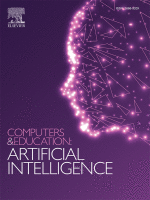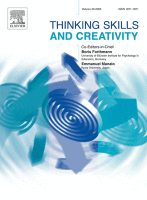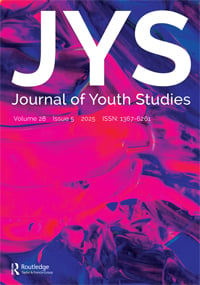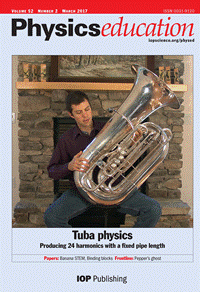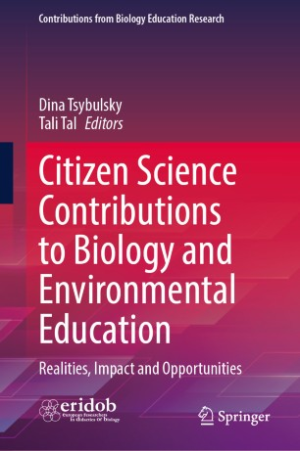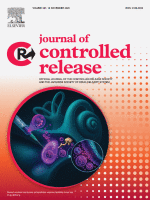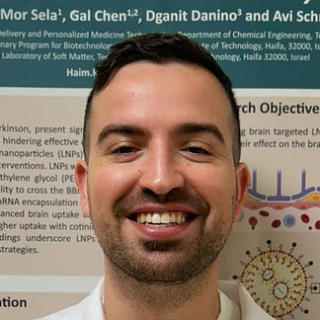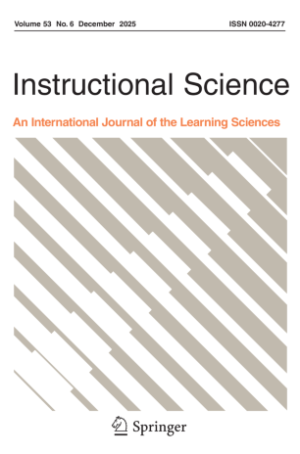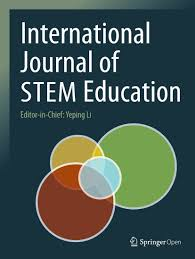-
30 Oct 2025 • Journal Article • Computers and Education: Artificial Intelligence
Conceptualizing AI literacies for children and youth: A systematic review on the design of AI literacy educational programs
AbstractThe growing presence of Artificial Intelligence (AI) in society increases the exposure of children and youth to these technologies. In response, recent research introduced educational programs that foster AI knowledge and competencies, collectively comprising AI literacy. This study presents a systematic review of 23 articles published up to 2023 describing AI literacy
… show more -
24 Oct 2025 • Journal Article • Thinking Skills and Creativity
Critical thinking in higher education: Identifying the pedagogical practices and modes of engagement
AbstractCritical thinking (CT) is widely recognized to be among the most essential skills for university graduates to successfully compete in the 21st century global economy; yet, much obscurity remains regarding its practical role in higher education. In fact, there is a need for an accepted educational plan with pedagogical guidelines that university instructors can lean on
… show more -
24 Oct 2025 • Journal Article • Journal of Youth Studies
Intersectional action in youth activism in the UK: an exploration of data across different social media platforms
AbstractIn this study, we shed light on the extent to which intersectional action is a feature of youth activism in the UK. We employed a longitudinal thematic analysis, examining both text and visual components of young activists’ social media postings, and used an intersectional solidarity framework to interpret data. Our findings show that youth activists often adopt
… show more -
17 Oct 2025 • Journal Article • Physics Education
Instructional design and teaching that fosters meaningful engagement in disciplinary practice in a Maker project on projectile-motion
AbstractThis study contributes to the growing body of work on integrating Making into science education by examining how an open-ended projectile-motion design challenge can foster meaningful disciplinary engagement in physics. We report on an intervention that integrated an extended Making project into the learning of physics at the advanced high school level in the 10th grade
… show more -
16 Oct 2025 • Book Chapter • Citizen Science Contributions to Biology and Environmental Education
Engaging Students with Citizen Science Data: Gateway to New Scientific Frontiers
AbstractThis chapter explores the educational potential of engaging students with citizen science data, positioning it as a gateway to novel scientific frontiers and data-driven practices. It outlines the unique challenges and opportunities inherent in handling large, complex datasets generated by public participation. By integrating theoretical and practical insights, the
… show more -
16 Oct 2025 • Book Chapter • Citizen Science Contributions to Biology and Environmental Education
Teaching Ecology and Inquiry in the Field Through Citizen Science
AbstractThis chapter presents two examples of citizen science initiatives in schools that took place in the outdoor environment and were developed from scratch by middle school science teachers. The teachers created their own research environments, research topics, and recruited scientific collaborators. They developed innovative curricula for teaching ecology that incorporates
… show more -
16 Oct 2025 • Book Chapter • Citizen Science Contributions to Biology and Environmental Education
The Pedagogical Potential of Citizen Science Projects to Cultivate Scientific Reasoning, Statistical Reasoning, and the Nature of Science Understanding
AbstractToday, the public is exposed to vast amounts of information from innumerable formal and informal scientific and social sources with almost as wide a range of reliability. To gauge reliability, individuals, both young and old, must harness three key types of reasoning: statistical (reasoning with data), scientific (relating the data to scientific theories), and understanding
… show more -
13 Oct 2025 • Journal Article • Journal of Controlled Release
Music enhances lipid nanoparticle brain delivery and mRNA transfection in brain cells
AbstractDelivering therapeutic agents to the brain, particularly to neurons, is crucial for advancing treatments for neurological diseases. In this study, we introduce a non-invasive approach using music to enhance the delivery of lipid nanoparticles (LNPs) to the brain, potentially improving drug uptake. While LNPs have demonstrated significant potential in systemic delivery
… show more -
7 Oct 2025 • Journal Article • Instructional Science
Investigating the order of example-problem sequences when learning experimental design and graphing competencies
AbstractThis study investigates the order of examples and problems in example-based learning, a pedagogical approach that provides learners with step-by-step solutions to new problems early in the learning process. Worked examples have been found to be very effective when combined with open problems, mostly in well-structured topics. Despite extensive research in this area
… show more -
2 Oct 2025 • Journal Article • International Journal of STEM Education
What role should higher education institutions play in fostering AI ethics? Insights from science and engineering graduate students
AbstractBackground
The rapid advancement of artificial intelligence (AI) has raised significant ethical concerns, prompting higher education institutions to reconsider how they prepare future STEM professionals to navigate such concerns responsibly. Despite growing efforts to integrate AI ethics into higher education, a lack of consensus and standardized approaches has led to
… show more
